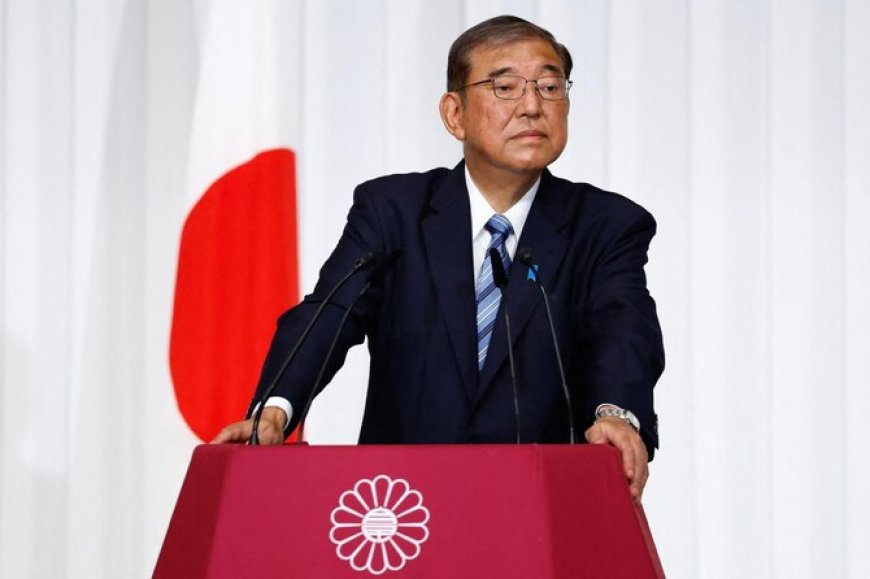Japan’s PM Pledges to Stay After Election Setback
Japan’s Prime Minister Shigeru Ishiba has vowed to remain in office following a significant setback in snap elections, which marked the ruling Liberal Democratic Party’s (LDP) worst result in 15 years.

Japan’s Prime Minister Shigeru Ishiba has vowed to remain in office following a significant setback in snap elections, which marked the ruling Liberal Democratic Party’s (LDP) worst result in 15 years.
At a press conference Monday, Ishiba, 67, who assumed office on October 1, acknowledged the voter backlash, primarily driven by public anger over a slush fund scandal involving LDP officials. "I am determined to protect the lives of our citizens and defend Japan," he told reporters, rejecting calls to resign and insisting he would avoid creating a "political vacuum."
The LDP, which has governed Japan almost continuously since 1955, is projected to lose its ruling majority after falling short of Ishiba’s goal of securing 233 seats. Current estimates show the LDP holding 191 seats, down from 259 in the last election in 2021, while its coalition partner, Komeito, won 24 seats. This outcome left the yen at a three-month low, as initial results reported by NHK and other media outlets indicate a major shift in political support.
With speculation mounting over Ishiba’s future, he ruled out forming a broader coalition "at this point." Analysts suggest he may aim to lead a minority government, as the fragmented opposition is unlikely to unify effectively.
Public sentiment also leaned toward change, with opposition leader Yoshihiko Noda’s Constitutional Democratic Party (CDP) projected to gain seats, while smaller parties like Reiwa Shinsengumi and the Conservative Party of Japan saw notable gains. The election brought a record number of women lawmakers to the lower house, now at 73, though still only 16 percent of the legislature.













































